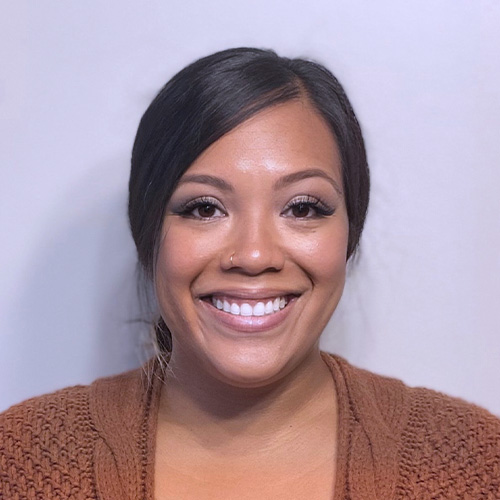AUTOBODY REPAIR
Jumpstart your career in automotive collision repair with our Autobody Repair program. Train in a state-of-the-art facility where you'll master structural analysis, damage repair, and the use of modern materials like plastics and adhesives. This comprehensive program covers all aspects of autobody work, from initial assessment to final refinishing, ensuring you're well-prepared for the industry.
CONTACT US
Talk to us about the Autobody Repair program at RTC.
ENTRY ADVISING
Email: advising@rtc.edu
Phone: (425) 235-5840
SHAWN ERVIN
Full-time Faculty - Autobody Repair
Email: servin@rtc.edu
Phone: (425) 235-2269
Degrees & Certificates
Certificate of Completion
This program prepares students for entrance into the automotive collision repair industry. All courses are taught in accordance with recommended industry procedures and standards set forth by industry recognized organizations such as the National Institute for Automotive Service Excellence (ASE) and the Inter-Industry Conference on Auto Collision Repair (ICAR). The program courses are divided into five main areas of study: Non-Structural Analysis and Damage Repair, Structural Analysis and Damage Repair, Mechanical and Electrical Components, Plastics and Adhesives, and Painting and Refinishing. All shop training is performed using state-of-the-art tools and equipment within one of the most modern facilities in the nation. Emphasis is placed on safety and professionalism.
Enrollment Point: Fall, Spring
Certificate DetailsAssociate of Applied Science
In order to earn an Associate of Applied Science Degree, the student must complete all requirements for the certificate program plus 20 credits of General Education. Transfer credit from other institutions will be considered upon validation of transcript and course work. Students holding a recent Certificate of Completion from RTC should contact Enrollment Services for degree options. This program articulates with TechPrep programs through the Puget Sound Dual Credit Career Consortium.
Enrollment Point: Fall, Spring
AAS DetailsJob Market Outlook
Learn more about the program.
OTHER INFORMATION
- High school diploma or GED.
- Mechanical aptitude and good eye-to-hand coordination.
- Counselor and instructor interview.
- High school level classes in power mechanics or auto mechanics.
- Valid Washington driver's license.


